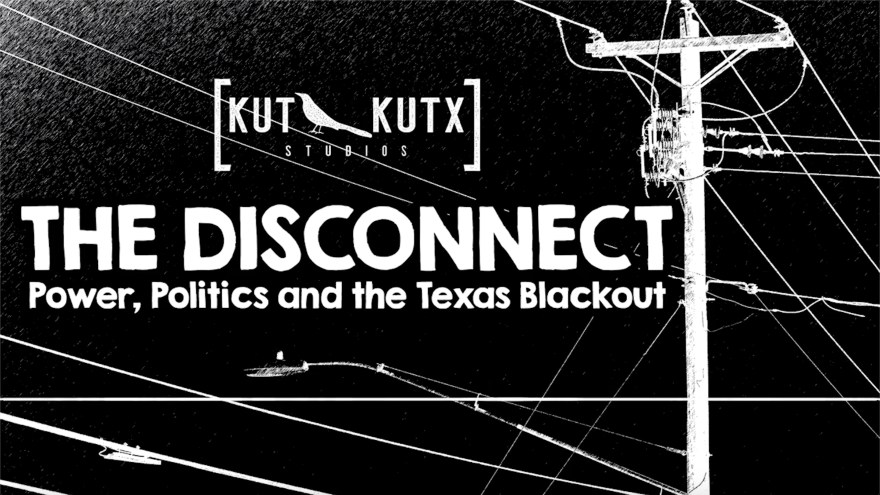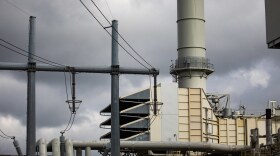The Electric Reliability Council of Texas has asked people to voluntarily conserve energy six times over the last 11 days. ERCOT says the requests help reduce strain on the power grid when demand is high and supply is tight. But the frequency of these conservation calls has provoked frustration among some Texans.
Some are even wondering why they keep being asked to do it for free.
The idea of getting paid to not use electricity may seem novel. It’s not. Pay-to-conserve agreements are often called demand-response programs. In Texas, they are typically employed when grid conditions are tight enough for ERCOT to declare an Energy Emergency Alert.
As part of demand response, ERCOT will pay big energy users like manufacturers or (more recently) bitcoin miners to reduce the power they use. That frees up more electrons for others and keeps supply and demand balanced on the grid.
Doug Lewin, an energy consultant who writes the Texas Energy and Power Newsletter, says other grid operators have successful programs that pay residential ratepayers to conserve as well.
“Residential customers pay higher rates than big customers do outside of even those [demand response] opportunities. So it is inequitable,” he said. “There is every reason from a reliability and an affordability and fairness perspective to give those opportunities to residential consumers.”
In some parts of the state, residential consumers can participate in demand-response programs through their local utility. In Austin, for example, consumers can receive credit toward their electric bills for using "smart thermostats" that lower their AC in response to high demand.
Austin Energy says the system has a proven track record of reducing energy use, even though participants can still manually turn the AC back up.














